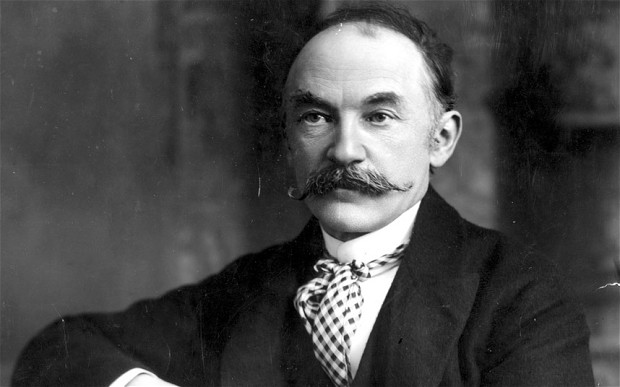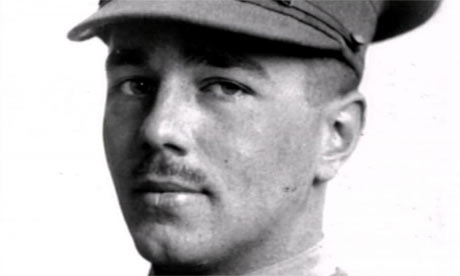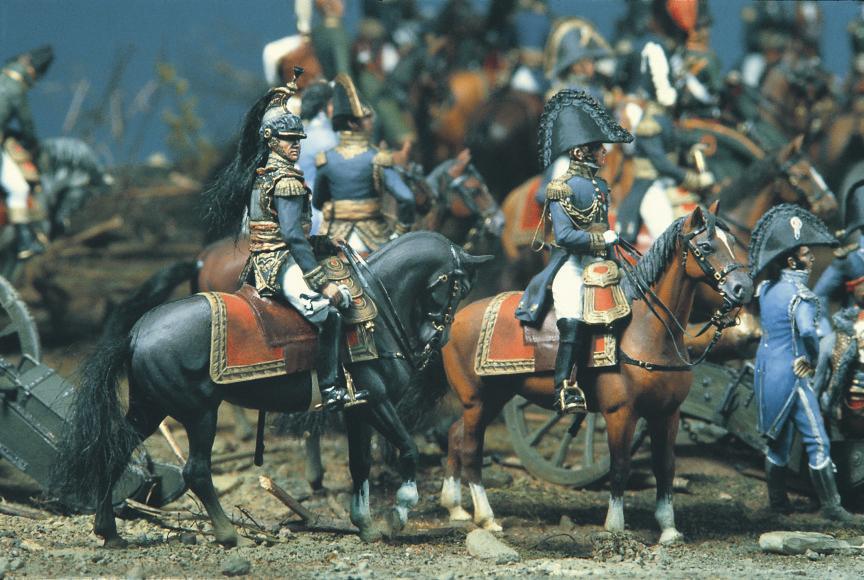The title of the poem ‘Dulce Et Decorum Est’ has been taken from the first words of the Latin saying by Horace. If we translate this to English, it means ‘it is sweet and proper.’ However, the sentence is completed in the final stanza of the poem when the poet says ‘Dulce Et Decorum Est Pro Patria Mori’ which can be loosely translated into ‘it is sweet and proper to die for one’s country.’
The poet concludes the poem by a remark that this statement is an ‘old lie’ as there is nothing dignified or sweet in dying for one’s country. He did not use the full statement into his poem because he wanted the readers to decide for themselves the gruesome reality of war. Through this poem, the poet paints a picture of war as a site of passively succumbing to horrible violence. The readers who has some knowledge of classical literature, specially epic poetry and the heroic deeds which celebrates great warriors who fall in the battle serving their nation, will immediately see Owen’s strategy.
Unlike the heroes of earlier wars, their soldiers do not face death face at the hands of the recognizable enemy who beats them with sword and spear. Instead death comes from afar, worse still it comes impersonally in the form of an insidious poison that snuffs out life in a brief instant of agony (refer to ‘ecstasy of fumbling’) which occurs when the men try to put on their mask. These soldiers utter no death-bed speeches as did their classical counterparts. Instead the only sounds emitted by these victims of gas attack were incoherent yells and a ‘gurgling from forth corrupting lungs.’
Wilfred Owen served as a Lieutenant in the British Army during the World War I, ironically he was killed shortly after the Armistice was signed. The graphic realities of the battlefield did not match the glorious descriptions of war prevalent in literature which Owen and his fellow comrades have read. There was no glory in dying from gas poisoning.
Owen has skillfully used graphic imagery to bring out the horrors of warfare. Owen describes the soldiers as ‘old beggars under sacks.” In lines 9-14, someone freaks out, ‘Gas! Gas! Quick boys!’ The soldiers are immediately transported into an ‘ecstasy of fumbling.’ They are in a hurry to put on the mask before the deadly poison can take their lives. All except one are successful. He was found ‘yelling and stumbling/ And floundering like a man in fire or lime.’ The narrator looks back and finds the soldier’s protective mask being engulfed into the Green Sea.
The narrator and the other comrades look upon the ‘helpless sight’ of the soldier dying in agony, ‘he plunges at me guttering, choking and drowning.’ In the final stanza of the poem, Dulce Et Decorum Est, the poet describes the face of the dying soldier. The soldier’s lifeless body was flung into the wagon. The poet saw the white eyes of the soldier ‘writhing in his face.’ The face hanging loose from the body and is compared to a face of the devil who is tired of sin. One could hear at every movement, the gargling of the blood from the forth-corrupted lungs. The pain undergone by the soldier is ‘obscene as cancer, bitter as the cud of vile.’
All these horrifying images of distort and disgust completely contrasts with the Latin maxim from which the poem’s title ‘Dulce Et Decorum Est’ has been taken. The title is totally ironical as the soldiers undergo disfigurement and death in the name of patriotism and nothing else.
Therefore, ‘Dulce Et Decorum Est’ graphically depicts a central irony of death on the modern battlefield. According to the poet, no matter how noble the cause is, the individual soldier can expect nothing but misery in combat, an ignominious death and should he be unfortunate enough to become a casualty.
Some online learning platforms provide certifications, while others are designed to simply grow your skills in your personal and professional life. Including Masterclass and Coursera, here are our recommendations for the best online learning platforms you can sign up for today.
The 7 Best Online Learning Platforms of 2022
- Best Overall: Coursera
- Best for Niche Topics: Udemy
- Best for Creative Fields: Skillshare
- Best for Celebrity Lessons: MasterClass
- Best for STEM: EdX
- Best for Career Building: Udacity
- Best for Data Learning: Pluralsight















Really saddens my heart
Never read a war poem first ever I have read Wilfred Owens I appreciate my life for what I have